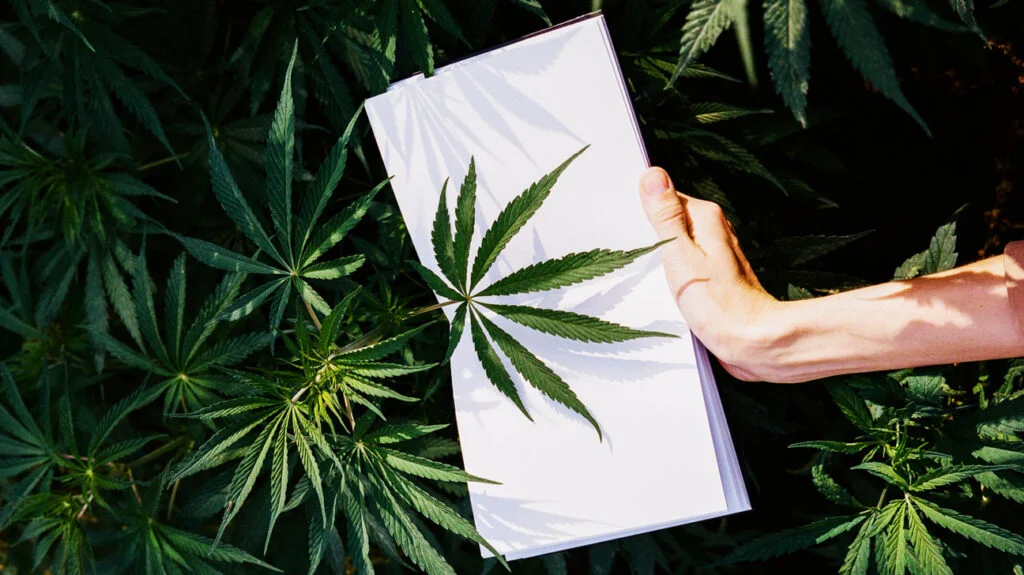Cannabis remains a hot topic across the country, with many myths clouding public understanding. You deserve clear, accurate information. Cannabis myths can mislead and cause confusion. You might hear claims about cannabis being harmless or highly addictive. Some suggest it has magical healing powers or irreversible dangers. The truth is often somewhere in between. Knowing the facts helps you make informed decisions. It’s crucial to separate myth from reality. You’ll discover the real impact of cannabis on health, legality, and safety. We aim to present the facts clearly so you can navigate this complex subject with confidence. As you read on, you’ll learn more about what is true and what is false. Understanding these details empowers you to make better choices. Open your mind to the truth beyond the myths and transform your perspective on cannabis. Your journey to knowledge starts here.
Myth 1: Cannabis Is Non-Addictive
One common myth is that cannabis is not addictive. However, studies show that cannabis can lead to dependency. According to the National Institute on Drug Abuse, about 30% of users may develop a cannabis use disorder. This is especially true for those who start using at a young age. Dependence can disrupt your life and affect your health.
Myth 2: Cannabis Is a Gateway Drug
Many believe that cannabis use leads to the use of harder drugs. Some argue that trying cannabis may open the door to substances like cocaine or heroin. However, the evidence is not conclusive. The Centers for Disease Control and Prevention states that most cannabis users do not go on to use harder drugs. Other factors like environment and genetics play a significant role in drug addiction.
Myth 3: Cannabis Cures Everything
It’s easy to find claims that cannabis cures a range of ailments. From cancer to chronic pain, the list of alleged benefits is long. While some research shows cannabis can help with certain conditions, it is not a miracle cure. For instance, cannabinoids can relieve pain or nausea, but they are not a substitute for medical treatment. The U.S. Food and Drug Administration has approved cannabis-derived medications for specific uses. However, relying solely on cannabis for treatment can be risky.
Myth 4: Recreational Use Equals Harmful Use
Some argue that using cannabis recreationally is always harmful. Yet, moderate use in adults may not lead to significant health issues. However, excessive consumption can lead to negative effects, such as cognitive impairment or mental health challenges. Responsible use is key. Know your limits and understand the risks involved.
Myth 5: Legal Cannabis Is Safe Cannabis
With legalization in many states, some assume all cannabis is safe. However, legal status does not guarantee safety. Cannabis products vary in quality and potency. It’s essential to purchase from reputable sources. Also, keep in mind that even legal cannabis can have side effects. Each strain and product can affect you differently.
| Myth | Fact |
|---|---|
| Non-Addictive | Cannabis can lead to dependency in about 30% of users. |
| Gateway Drug | Most users do not progress to harder substances. |
| Cures Everything | Can alleviate symptoms but is not a cure-all. |
| Recreational Use is Harmful | Moderate use may not pose significant harm. |
| Legal Cannabis is Safe | Legal status does not ensure safety; quality varies. |
How to Stay Informed
Understanding cannabis remains crucial as legalization expands. You can access reliable information from trusted sources. For more facts, visit the CDC’s Marijuana page and the National Institute on Drug Abuse. Make sure to stay informed and question what you hear. Knowledge is your best tool for making safe choices.
Your approach to cannabis should be informed by facts, not myths. By debunking these misconceptions, you can make wiser decisions. Always prioritize your health and well-being. Be vigilant about the sources of your information. With clear understanding, you can navigate the world of cannabis more confidently.

